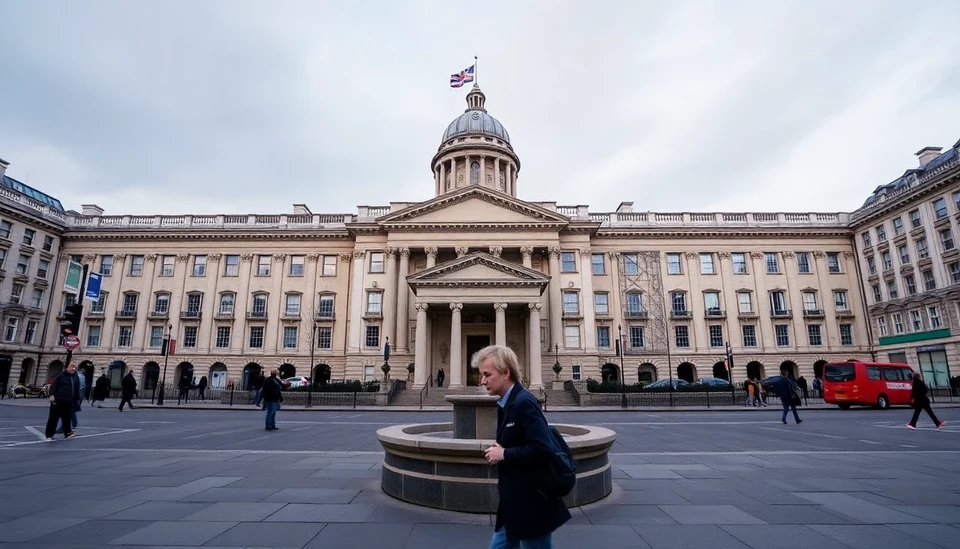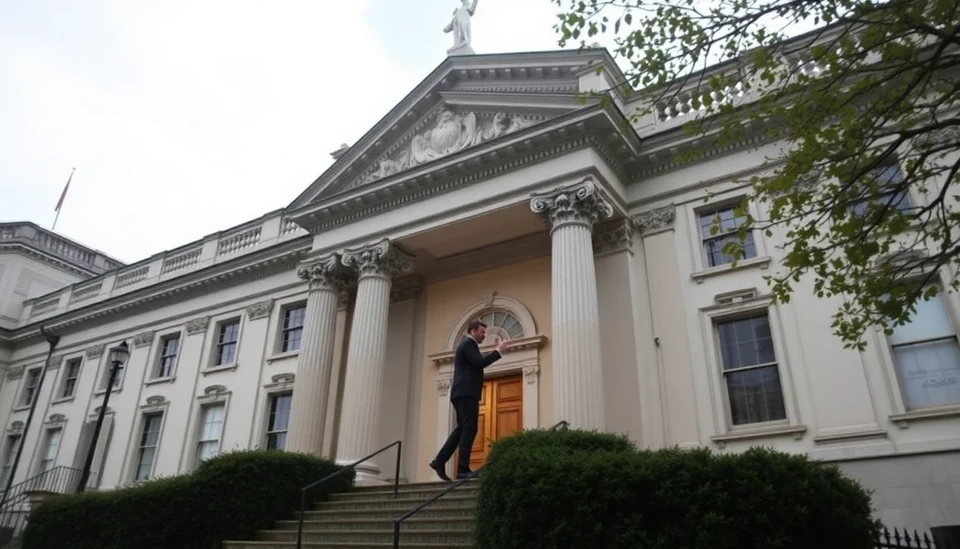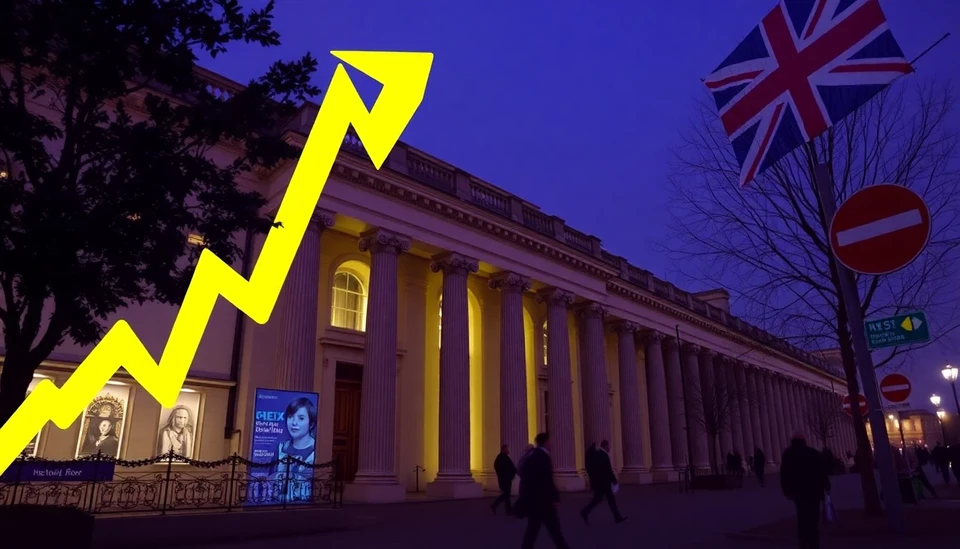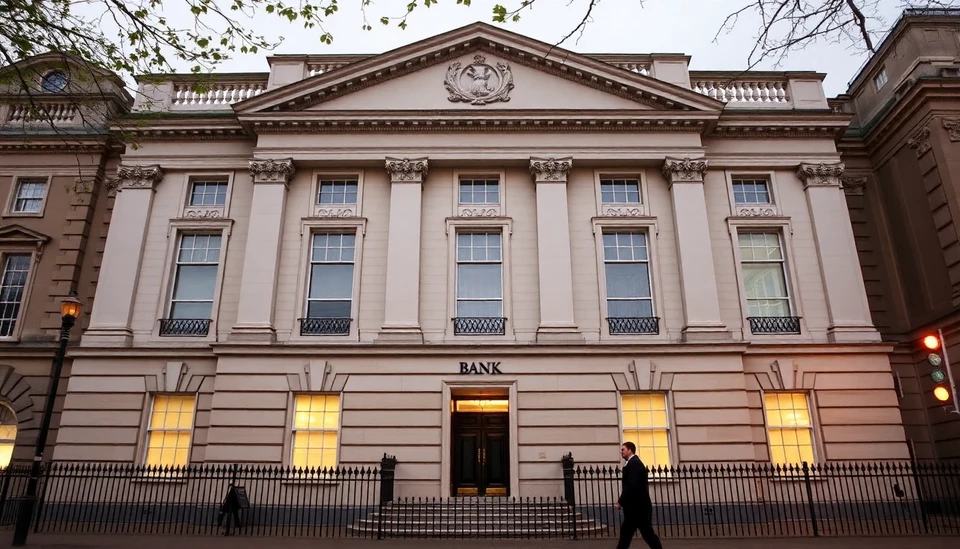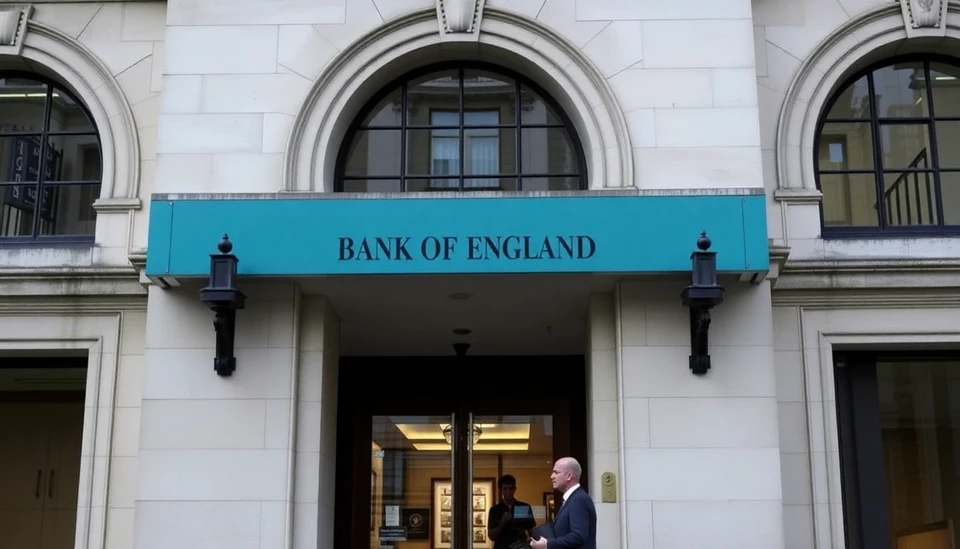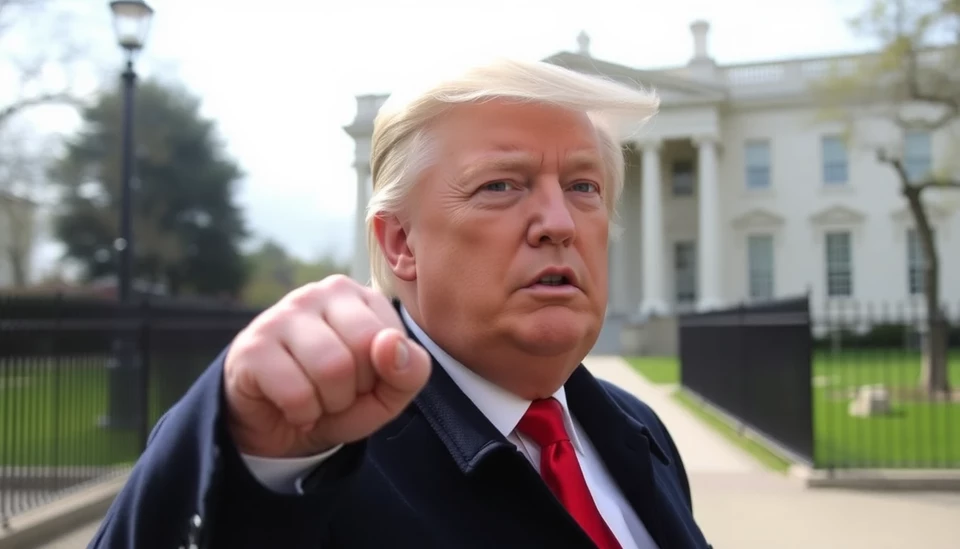
The recent economic landscape in the UK has come under scrutiny as the Bank of England charts a course towards potential interest rate cuts. However, the influence of former President Donald Trump's policies is casting a shadow over the bank's decision-making process. As inflation and economic uncertainty remain prevalent, the implications of Trump's economic strategies, particularly in relation to trade and fiscal policy, could complicate the Bank's efforts to navigate future monetary policies.
In recent months, the Bank of England has indicated its intention to lower interest rates in response to an evolving economic climate. This inclination is largely driven by a combination of softening inflation rates and a need to bolster growth as economic indicators show signs of fatigue. However, the remnants of Trump-era policies, especially regarding international trade dynamics and tariffs, are inflating uncertainties in the economy that could make such rate cuts more challenging to execute.
Analysts and economists have pointed out that Trump's protectionist policies have created volatility in various sectors, particularly those reliant on global supply chains. The unpredictability associated with renewed trade tensions continues to reverberate throughout the economy, raising fears that any potential easing of interest rates might not yield the anticipated rebound in consumer confidence or spending. This sentiment is further exacerbated by broader geopolitical tensions, which add to the precariousness of the UK’s economic outlook.
The Bank of England must also take into account the significant role that consumer behavior plays in shaping the economy. Previous policies aimed at stimulating economic growth through lower interest rates could be undermined if consumers remain cautious in their spending due to economic uncertainties that Trump’s policies have engendered. The bank's strategy will likely require a delicate balance between fostering growth and managing inflation—all while keeping an eye on the lasting impacts of Trump's administration's decisions.
In the context of rising living costs and a changing labor market, the Bank of England may find it more difficult to justify aggressive rate cuts, particularly if inflation remains above target. The institution is thus tasked with a considerable challenge: how to respond effectively to a complex domestic and international economic environment influenced heavily by past policies from the United States. This situation calls for a careful approach, where the Bank might consider a more cautious path to rate adjustments instead of aggressive cuts.
Moving forward, the Bank of England is expected to continue analyzing incoming economic data closely while considering the external pressures that Trump's policies have instilled in the UK economy. The interplay between domestic growth, inflation rates, and the repercussions of global trade decisions will be pivotal in shaping the future trajectory of interest rates.
Ultimately, as the Bank navigates these turbulent waters, the broader implications of governmental policies on economic stability remain a critical point of discussion. The challenges posed by Trump's legacy are likely to resonate in financial discussions for the foreseeable future as the Bank of England endeavors to chart a sustainable path towards economic recovery.
#BankofEngland #InterestRates #DonaldTrump #EconomicPolicy #TradeTensions #Inflation #UKEconomy #FinancialMarkets
Author: Daniel Foster
